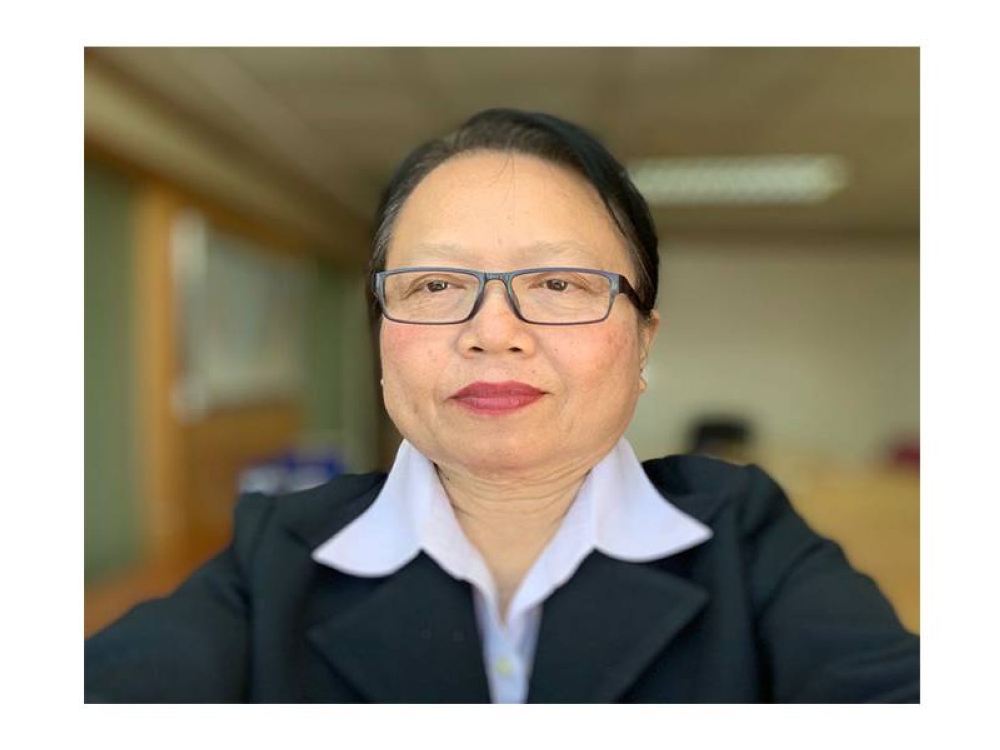It is time to abolish B40, M40, and T20 categories
,
MOHD FAIZUL HAIKA MAT KHAZI


SHAH ALAM - The Economy Ministry's move to revise the current household income categories in Malaysia is in line with the 'Developing Malaysia Madani' policy that was recently introduced by Prime Minister Datuk Seri Anwar Ibrahim.
The revision of the categories is being done since the existing approach to divide household groups into categories such as B40 (lowest household income) M40 (middle) and highest (T20) were inaccurate.
Many economic analysts said the existing system did not consider various other key factors such as demographics, number of children and the locality they lived in.
For example, middle-income individual (M40) who lives in Kuala Lumpur with household income of about RM4,500 per month could be considered as urban poor.
This was because they could not cover the cost of living in the capital city where the amount can reach up to RM6,500 per month and RM5,500 for Klang Valley.
Therefore, it is not surprising that many B40 and M40 groups living in the Klang Valley had to work two jobs or more, for example being a taxi driver and having side businesses.
Institut Masa Depan Malaysia (MASA) honorary fellow Datuk Dr Madeline Berma said the move to review the household income category is timely as the current intellectual discourse felt that it is no longer relevant to classify households into B40, M40 and T20 groups.
She said many researchers and academic figures prefer to categorise the poor and those in need of government assistance as the people in the vulnerable group.
"It is most appropriate that the government uses the term 'vulnerable group' regardless of household income per month if they seek to implement the 'Developing Malaysia Madani'.
"For example, a family under M40 category with a disabled child (OKU) cou;d actually fit in the B40 category because of how expensive it is to care for a special needs child," she told Sinar
Madeline said this while commenting about the media reports on the Economy Ministry's proposal to review the existing household income categories to allow more targeted assistance in the Twelfth Malaysia Plan (12MP) later.
Its minister Rafizi Ramli was quoted as saying that the review will take into account changes in the structure of income and expenditure, cost of living, purchasing power, demographics and location of households.
Madeline explained that the government's main step should be dividing Malaysians into two main categories which are the poor and not poor, and to also use terms such as urban and rural poor.
She also believed that the government needed to do away the current B40, M40 and T20 categories system in order to reform it into 10 new categories.
She said the action was necessary because data from last year showed 12 per cent of the T20 groups are now in the M40 category while more than 20 per cent of M40 groups are now placed under the B40 category.
"This scenario happened due to various factors such as the head of the family was fired and had their income reduced due to Covid-19 pandemic in addition to global economic downturn.
"The situation gets so much worse when many of these vulnerable groups struggle to receive government's aid as they experience difficulty to register in the e-Kasih application system managed by the Women, Family, and Community Development Ministry," she explained.
Madeline said the government also needed to clean up the e-Kasih data system to ensure only eligible applicants would receive the financial aid from the government.
"I was made to understand that many e-Kasih recipients are no longer below the extreme poverty line but they refused to be removed from the database because they wanted a shortcut to an easy life," she stressed.
MEASUREMENT METHODS ARE NOT PRECISE
Putra Business School (PBS) MBA Program Director and Associate Professor Dr Ahmed Razman Abdul Latiff agreed with Madeline that the current poverty line measurement methods used by the government is inaccurate.
Razman said this was because the measurement system did not take into account many other factors.
He said that the government can accurately identify extreme poor groups, including those living in big cities, by taking into account the number of children, health status, locality and the monthly household incomes.
"For example, the average household income in Kuala Lumpur and Klang Valley is above RM5,000 to RM6,000 per month, but the M40 group is defined as having an income of more than RM4,000 per month.
"So M40 groups in Kuala Lumpur and Klang Valley who earn more than RM4,000 per month do not receive the government's aid despite their high living costs every month.
"I agree that the government can provide assistance to people who are really in need if they use more detailed data." he said
He added that the government's move was relevant as the number of urban poor were increasing along with the increase in cost of living and price of goods that is affecting the country at the moment.
Razman said the situation had caused the emergence of the 'Sandwich Family' phenomenon where grandparents, parents, children and grandchildren are living together in one house to save expenses in an effort to deal with the high cost of living, especially in the city.
He hoped the 2023 Budget that will be tabled by the Prime Minister will provide more aid in a targeted manner especially to the vulnerable groups instead of following the existing yardstick.














